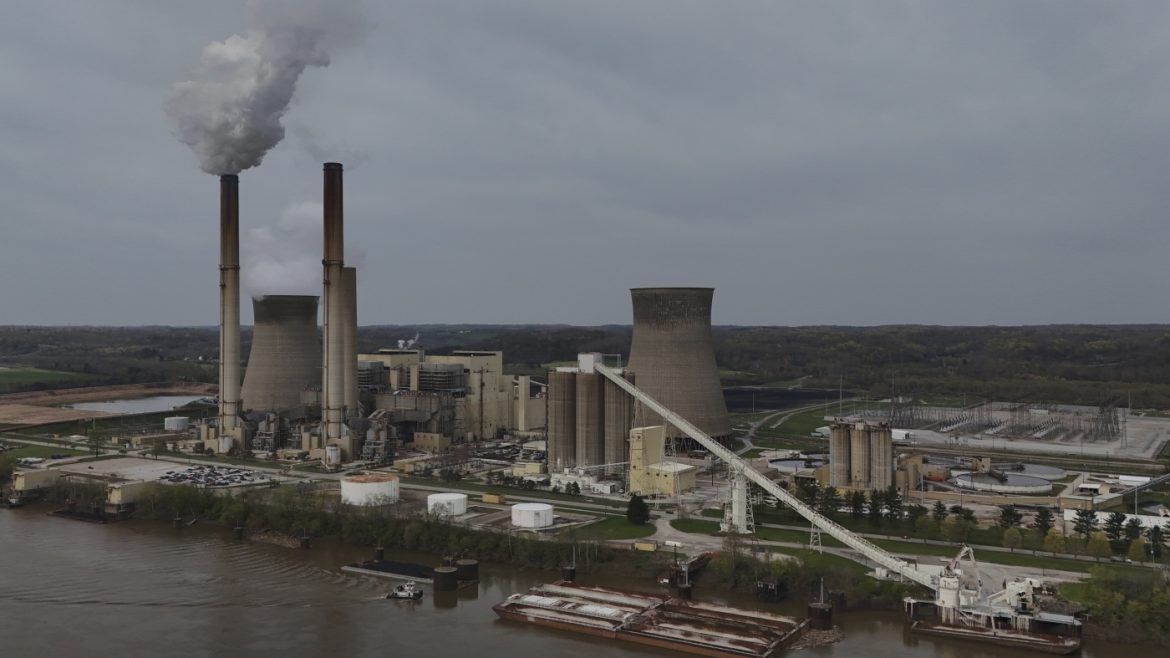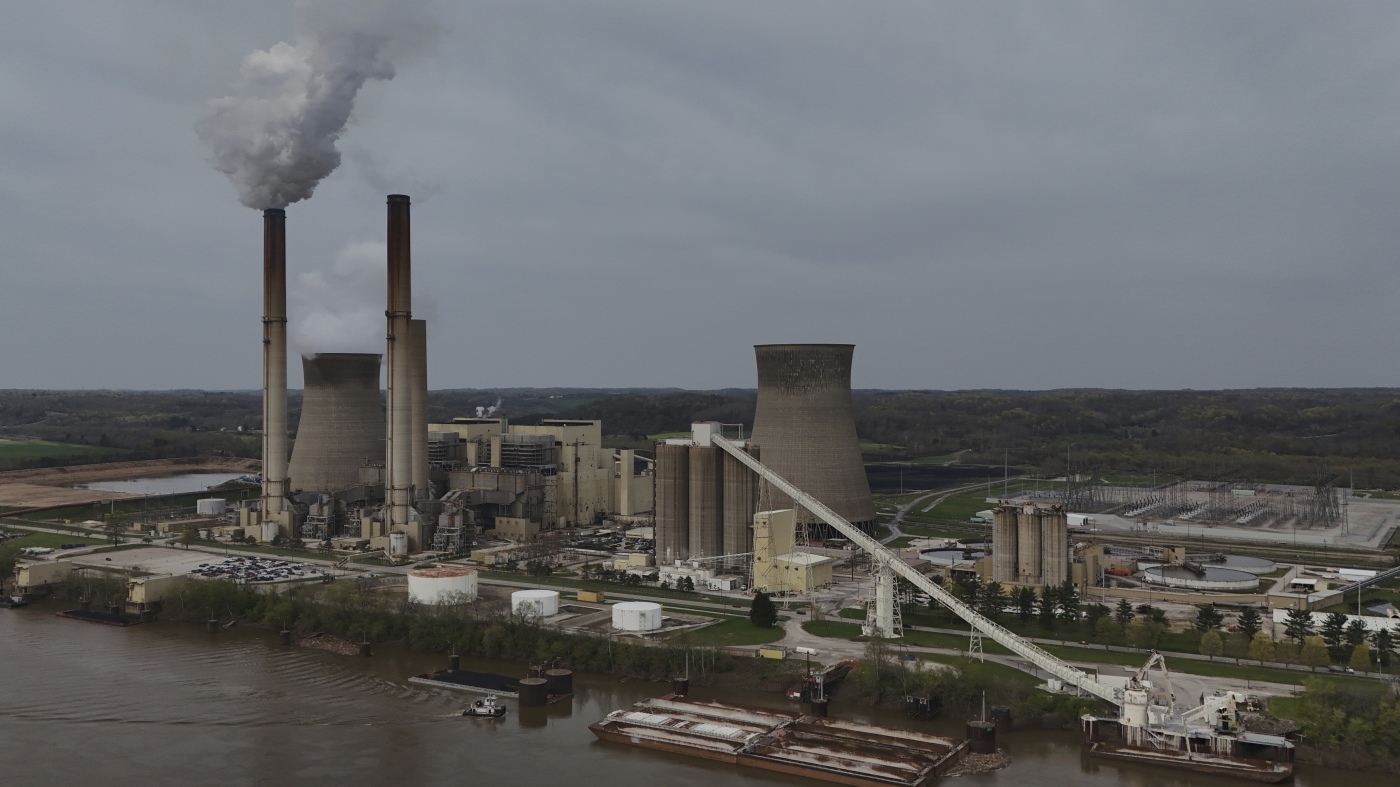Analyzing the Trump EPA’s Proposed Repeal of Climate Pollution Limits on Power Plants
The recent slew of announcements from the Environmental Protection Agency (EPA), under the Trump administration, has sparked significant debate over climate policy in the United States. Central to these developments is the EPA’s plan to repeal Biden-era regulations aimed at limiting greenhouse gas and other pollutant emissions from fossil fuel–fired power plants. Understanding these policy shifts requires delving into the proposals’ substance, scientific context, potential environmental and economic impacts, and the broader discourse around climate change regulation.
The Core of EPA’s Rollback Proposal
The EPA is proposing to eliminate federal regulations that cap carbon dioxide (CO2) and other emissions from coal- and natural gas–fired power plants. These regulations, finalized under the Biden administration, represent one of the most stringent efforts yet to reduce climate pollution from the power sector. The targeted rules included limits on greenhouse gases to reduce the sector’s contribution to global warming and tighter controls on air toxics such as mercury.
Administrator Lee Zeldin and the EPA justify the rollback as a move to relieve what they deem multitrillion-dollar regulatory costs that hinder American energy production and economic growth. They argue that emissions standards were overly burdensome and assert that fossil fuel emissions from power plants do not “contribute significantly” to climate change—a stance that departs sharply from scientific consensus.
In practical terms, the repeal would remove caps on carbon emissions and weaken mercury and particulate matter regulations, effectively allowing power plants to emit higher levels of pollutants. This regulatory shift extends beyond just carbon emissions; it also impacts community health by permitting power plants to release more toxins into the air.
Scientific Consensus Versus EPA’s Position
The EPA’s rationale conflicts with the extensive body of scientific evidence indicating that greenhouse gases from fossil fuel combustion are a major driver of climate change. Climate scientists emphasize that reducing carbon emissions from the power sector is crucial to limiting global temperature rise to 1.5 Celsius (2.7 Fahrenheit) above pre-industrial levels—an internationally recognized target to forestall the most catastrophic consequences of climate change.
Research also links mercury and particulate matter emissions to adverse human health effects, including respiratory diseases and neurological damage, particularly affecting vulnerable populations near power plants. The reversal of these regulations could exacerbate such health risks.
The EPA’s position to minimize the significance of power plant emissions on climate change runs contrary to recommendations by scientists and the targets set in many national and international climate agreements.
Economic Arguments and Energy Policy Implications
Proponents within the fossil fuel industry applaud the rollback, arguing that regulatory relief will boost energy production, reduce electricity costs, and preserve jobs within coal mining and fossil fuel power sectors. The Trump administration suggests that removing these restrictions will “unleash” American energy potential and reduce the economic burdens of compliance.
However, critics caution that ignoring the long-term costs of climate change and public health consequences results in a net negative economic impact. Increasing pollution not only contributes to climate-related disasters but also raises healthcare costs and undermines environmental quality.
Moreover, the energy market is rapidly evolving. Renewable energy sources like wind and solar are becoming more cost-competitive, and investments increasingly flow toward cleaner technologies. Rolling back emission limits could slow this transition, potentially leaving the U.S. behind in the global shift toward sustainable energy.
Environmental and Public Health Consequences
Repealing emission limits carries immediate and far-reaching environmental risks. Elevated greenhouse gases exacerbate global warming, intensifying heatwaves, extreme weather events, sea-level rise, and ecosystem disruptions. Locally, communities near fossil fuel power plants could face higher exposures to harmful pollutants, resulting in increased rates of asthma, cardiovascular disease, and other health issues.
This regulatory rollback might disproportionately affect marginalized communities, exacerbating environmental justice concerns. Historically, low-income and minority communities have borne greater burdens of industrial pollution, and relaxed standards could deepen these inequalities.
Legal and Political Landscape
The EPA’s rollback is expected to trigger legal challenges from environmental groups, states, and other stakeholders committed to maintaining or strengthening climate protections. The courts may become arenas for testing the legality of rescinding established environmental standards.
Politically, the move reflects deep divisions over climate policy in the U.S., highlighting divergent views on the role of government regulation, energy independence, and environmental stewardship. It also signals a shift in the federal government’s engagement with climate change, steering away from proactive mitigation efforts.
Conclusion: Weighing Immediate Gains Against Long-Term Costs
The Trump EPA’s proposal to repeal climate pollution limits on power plants marks a significant policy departure with both immediate and enduring implications. While it aims to reduce regulatory burdens and support traditional energy industries, it risks undermining public health, environmental quality, and progress toward mitigating climate change.
The clash between this regulatory rollback and scientific consensus underscores the broader challenge of balancing economic priorities with environmental responsibility. Ultimately, the choices made today will influence the nation’s environmental legacy, economic resilience, health outcomes, and role in global climate efforts for decades to come.
—
Sponsor
Interested in the future and how we prepare the next generation? While discussions around climate change and regulations continue, consider investing in your child’s future with strong English skills. Novakid Global ARABIC offers online English lessons for kids aged 4-12, taught by native speakers using a curriculum based on European standards. Give your child a head start in a globalized world with personalized, engaging, and flexible learning – a valuable asset no matter what the future holds. With Novakid, you’re providing them a foundation for success!


